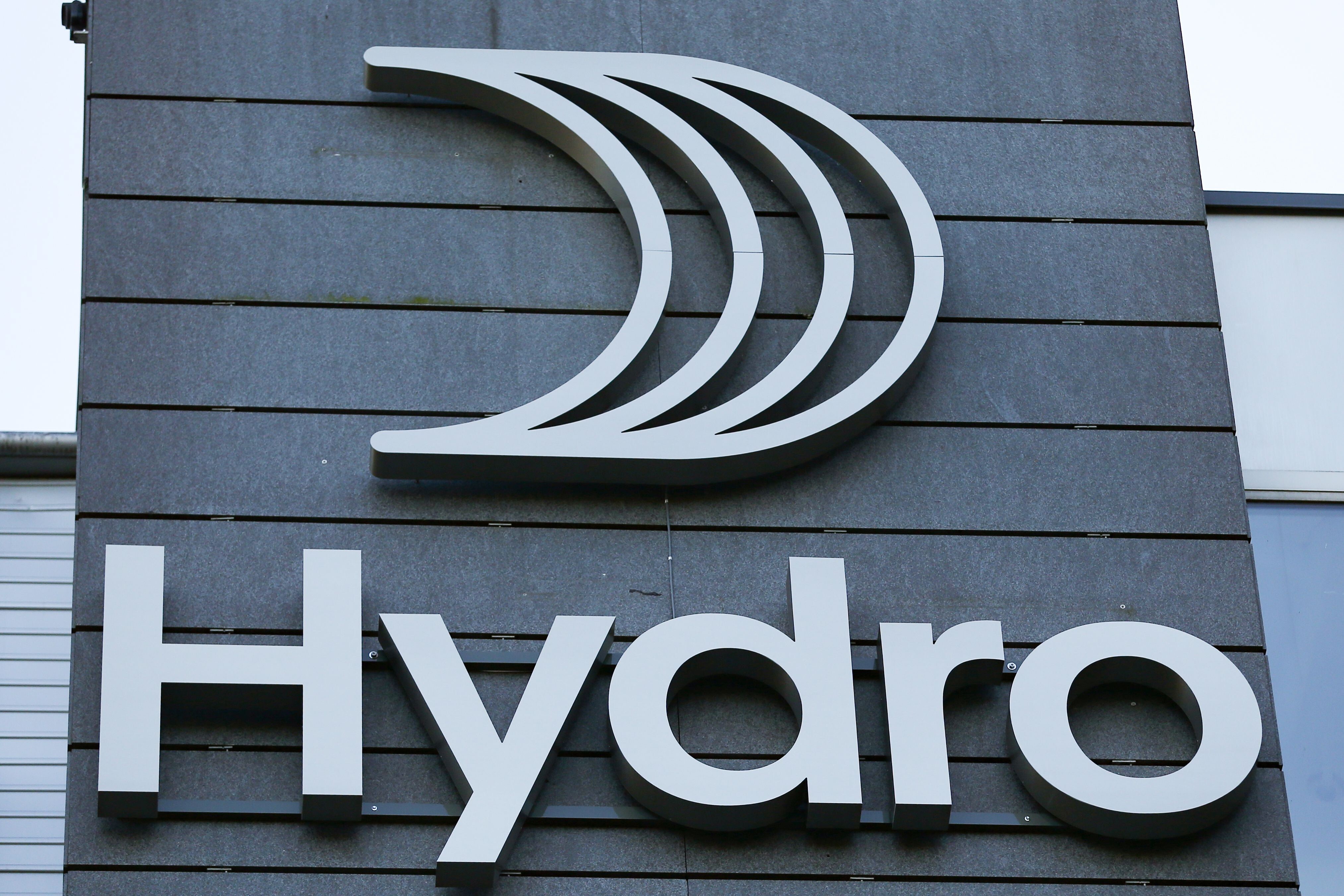

Norsk Hydro's first quarter CY2024 report, released on Wednesday, April 24, highlighted a challenging financial performance attributed to depreciated aluminium sales prices, lower aluminium extrusion sales volumes, and lower recycling margins.

The company's revenue was generated at NOK 47,545 million during Q1 2024, compared to NOK 48,534 million a year ago. That recorded a downfall of 2 per cent year-on-year. Adjusted EBITDA registered a slump of 28 per cent Y-o-Y from NOK 7,525 million to NOK 5,411 million. Besides the aforementioned factors, higher fixed costs also negatively impacted Hydro's fiscal results.
Adjusted EBITDA from Hydro Extrusions fell sharply by 35 per cent Y-o-Y from NOK 2,223 million to NOK 1,437 million, particularly owing to muted demand in the residential and industrial building construction sector throughout the quarter. Reduced EV production in Europe also had an adverse impact on Hydro Extrusions.
Hydro's recycling margins dropped during the said period as a result of decreased construction and demolition activity that led to lower aluminium scrap generation, in addition to elevated aluminium scrap prices due to increased exports to Asia.
Hydro's Adjusted EBITDA from aluminium metal also decreased significantly by 51 per cent Y-o-Y from NOK 3,972 million to NOK 1,965 million, mainly due to lower prices on the London Metal Exchange, reduced contribution from power sales, and increased fixed costs.
The company's net income (loss) amounted to NOK 428 million at the end of the quarter and its net debt totalled NOK 13,893 million. Earnings per share dropped 24 per cent over the year from NOK 0.62 to NOK 0.47.
Light at the end of the tunnel
Amid the challenges, Hydro experienced some high points during the quarter. The company's Adjusted EBITDA from bauxite & alumina and energy business increased year-on-year from NOK 437 million to NOK 804 million and from NOK 726 million to NOK 1,152 million.
In Q1 2024, Hydro started executing its ambitious decarbonisation roadmap, aiming for a 30 per cent reduction in carbon emissions by 2030. The company sealed two long-term purchase agreements with Statkraft, which will supply 1.28 TWh of energy from 2024 to 2027, and Alpiq, which will provide 0.54 TWh from 2025 to 2033. Hydro Rein also started commercial operations in the Brazilian solar plants Mendubim and Boa Sorte.
Withstanding the depleted fiscal output during Q1 2024, Hydro said the circumstances improved at the end of the quarter, with the reduced risk of recession and inflation. Outside Europe, Chinese aluminium demand was firm due to the growing renewables and electric vehicles sectors, supporting global primary aluminium market.
Hydro is still confident that through its ongoing improvement programmes and commercial initiatives, it will continue to reinforce robustness in its business and deliver a financial outcome of NOK 8.5 billion by 2030.
"Despite weaker markets impacting results, the macroeconomic indicators as well as revenue drivers are showing signs of improvement towards year end. Hydro is well positioned to capitalise on strengthening demand for aluminium products," said President and CEO Hilde Merete Aasheim.



Responses






